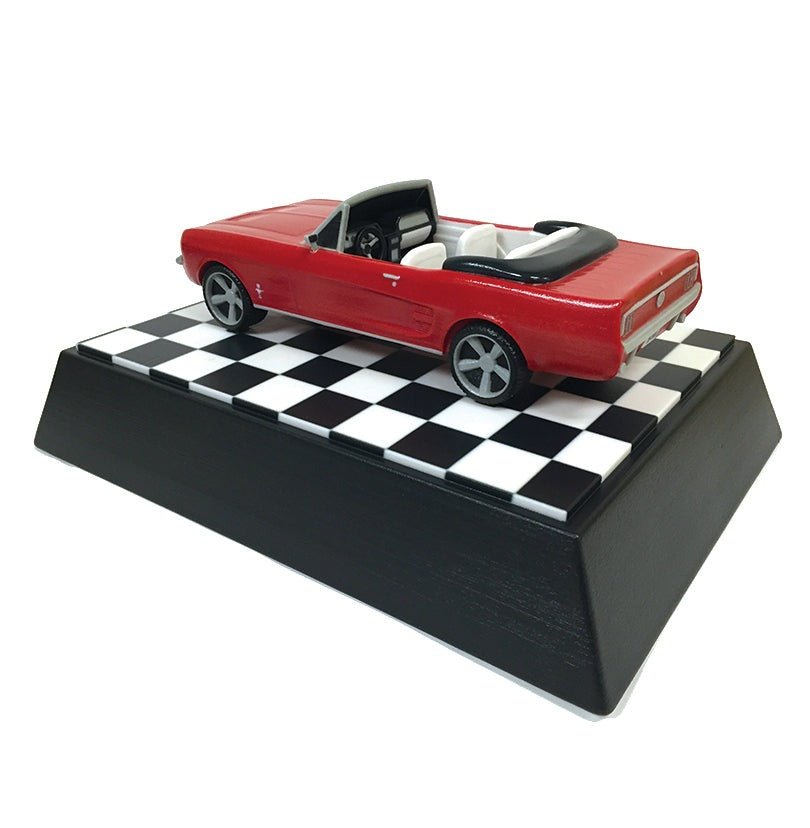
Custom Urn Creation Guide
A high-quality custom urn is an excellent way to express how much your late loved ones will always mean to you. Urns offer a dignified way to preserve and protect...
Foreverence designs unique, custom urns that celebrate and honor the life they represent. We will guide you through the process, from initial conversations to the moment you receive your personalized urn, to make sure you are completely satisfied. Our mission is to provide a superior alternative to the traditional cremation urn that allows for the freedom of personal choice and is the perfect expression of a life well-lived. Our custom and curated urns provide several options for you and your loved ones, with varying levels of personalization.
Our blog allows us to communicate with our community. We feature a variety of topics, including advice on how to design a custom urn, why custom urns are becoming more popular, and how we came up with the idea for 3D printing urns. Read to learn more about Foreverence.
Contact our team to start designing a completely customized urn.